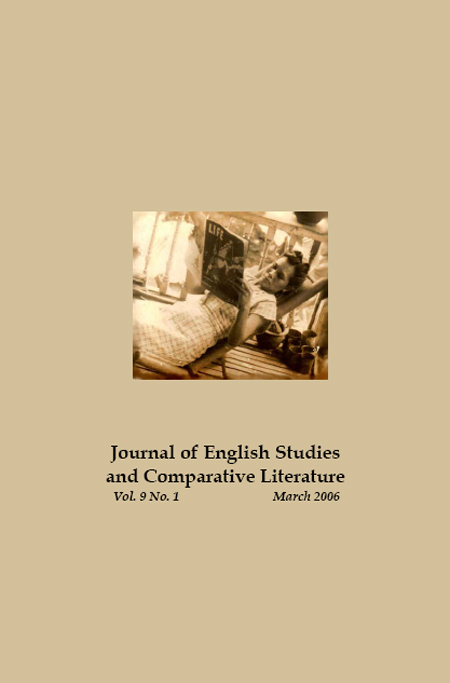Race, Gender and Religion Within the Construct of ‘Bangsa Malaysia’ and ‘National Islamic Identity’ in Malaysian Literature
Abstract
The construction of “Islamic Malaysia” was first made by former Prime Minister Mahathir Mohamad through the government’s campaign for the inculcation of Islamic values in Malaysian work ethics. Such a stand was reiterated by then Deputy Prime Minister Anwar Ibrahim’s introduction of Masyarakat Madani (Civilised Society). Later, a rather bold declaration of Malaysia as an Islamic country was made by Mahathir Mohammad in 1999 followed by an official launch and documentation of Islam Hadhari by Mahathir’s successor Abdullah Ahmad Badawi in 2004. Such national declarations have influenced many Malaysian policies to bear Islamic principles with the aim of improving Malaysian society as a whole (particularly Malay Muslim society) in its quest to become a progressive nation. Interestingly, the creation of a national ‘Islamic identity’ for Malaysia is contrary to the first Prime Minister Tunku Abdul Rahman’s vision of Malaysia as a secular country. He postulated that “[i]n a previous statement I made on religion I mentioned that this country is a secular state. It means that it is not a Muslim state. Islam is the official religion of this country, but other religions have a right to play their part as far as religion is concerned” and that “[a] Muslim state for Malaysia is definitely out of the question, though the Muslims would like to see this happen. We have to consider other races who have helped the country achieve independence” (208). The debate on “national identity” has grown intense with the creation of the theoretical construct of “Bangsa Malaysia.” In considering Islam as situated in the national aspiration, this paper examines how women and sexuality are framed in Malaysian literature within the dominant national view of a national “Islamic identity” and an imagined “Bangsa Malaysia.” The discussion will also highlight two major issues—the appropriation of Islamic knowledge and the ethnic-religious contexts of “Bangsa Malaysia,” both situated in selected texts of Malaysian literature. Most importantly, the paper will also explore the potential of using Malaysian literary works as sources of understanding and interpretation of policies and national ideology, especially pertaining to race, religion and gender.
Published
2007-10-02
How to Cite
OMAR, Noritah; CHE DAN, Washima.
Race, Gender and Religion Within the Construct of ‘Bangsa Malaysia’ and ‘National Islamic Identity’ in Malaysian Literature.
Journal of English Studies and Comparative Literature, [S.l.], v. 9, n. 1, oct. 2007.
ISSN 0119-1721. Available at: <https://journals.upd.edu.ph/index.php/jescl/article/view/295>. Date accessed: 01 sep. 2025.
Issue
Section
Articles


